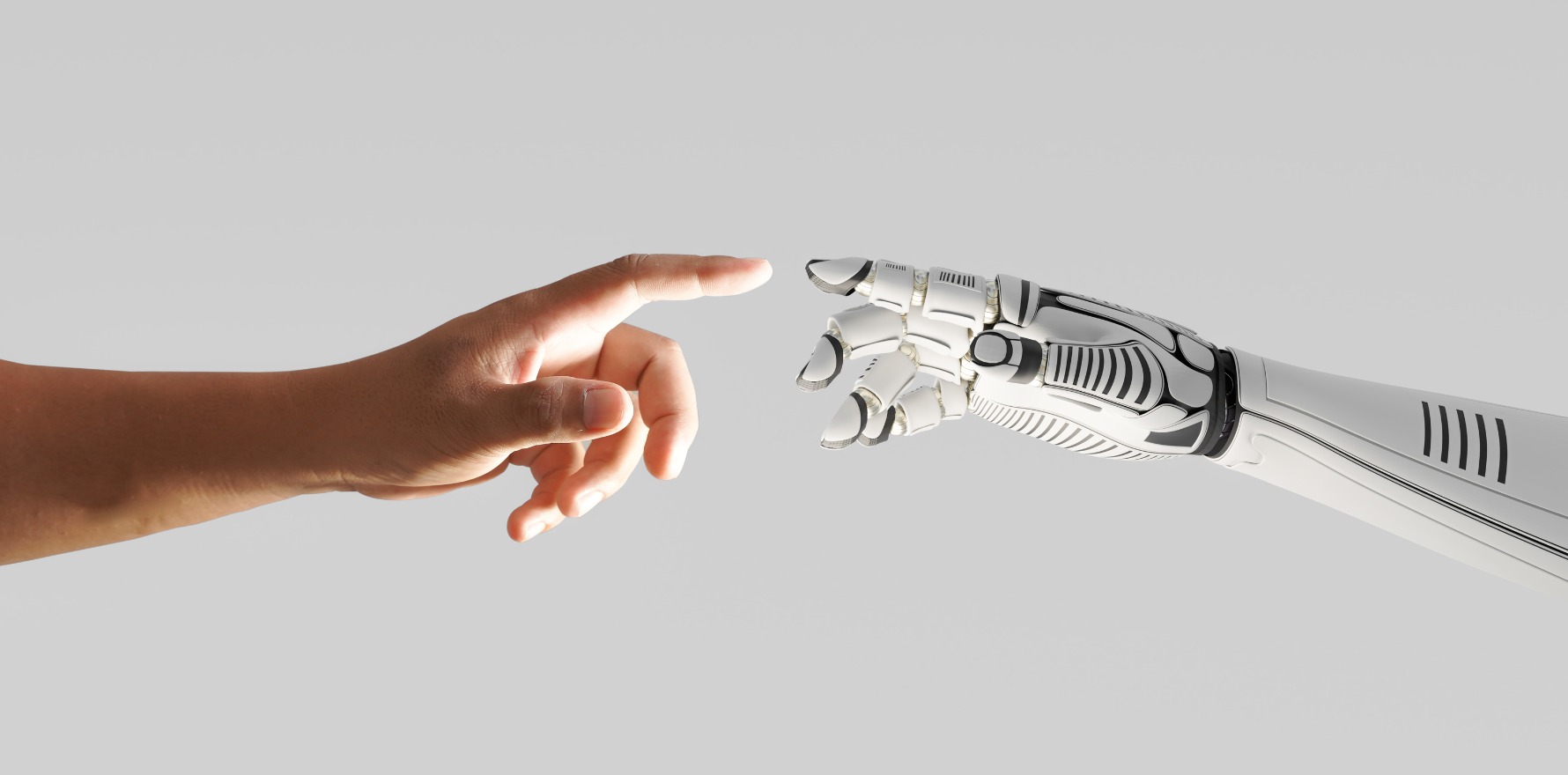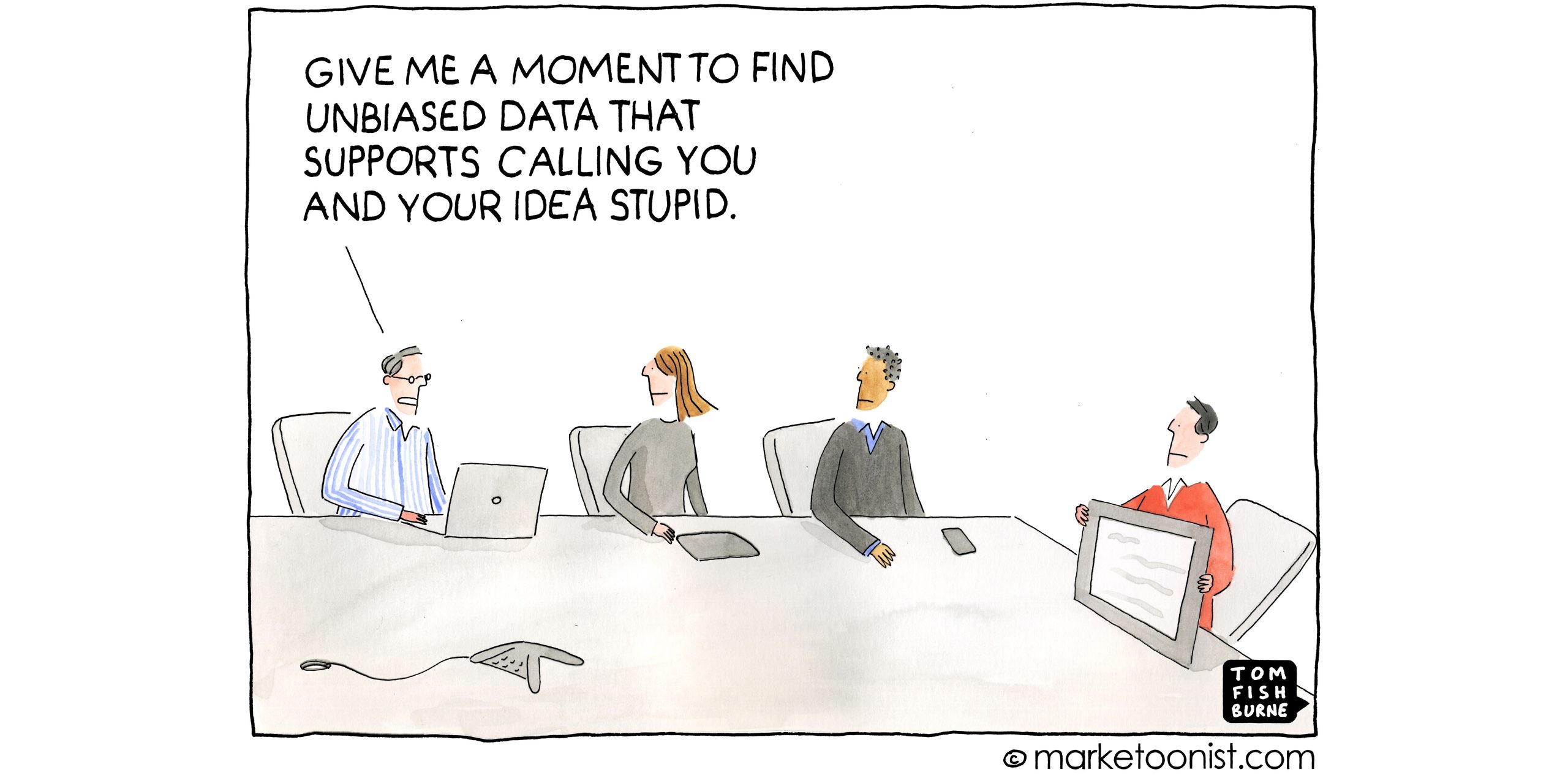Patients get less frustrated when they feel like they’re getting a clinician’s full attention.
The best way to make patients feel like they’re being treated like a person is to involve a robot, according to a new Microsoft white paper.
Co-written with the tech giant’s health AI subsidiary Nuance, the paper focused on the clinician-patient experience and analysed survey responses from 13,500 patients across 10 countries including Australia.
Key findings from the survey were perhaps unsurprising: people much prefer to have a doctor’s full attention.
Within Australia, around one third of respondents said they felt their doctor had not given them their full attention during a consult because they were concentrating on their computer screen.
Of this cohort, half answered that the seeming inattention had made them frustrated.
Australians reported particularly high levels of frustration compared to the other nationalities included in the survey, despite having a relatively low proportion of people who said their doctor had been absorbed by their computer.
Around one third of Dutch respondents, for example, could recall an instance where their doctor had seemed distracted, but just 39% said it had made them frustrated.
Patients from Spain, where 53% of respondents reported a distracted doctor, were more likely to say they were embarrassed than frustrated.
According to Microsoft and Nuance, patient frustration poses a real threat to healthcare.
Related
“These feelings of frustration, embarrassment, and anger can quickly erode the relationship between a patient and their clinician, which may lead the patient to be less open about their concerns and more likely to leave with unanswered questions,” the white paper said.
The main reason for distraction, it theorised, was that doctors were trying to write up notes while the consult was ongoing.
According to Microsoft and Nuance, the solution to this wicked problem is AI.
“For clinical settings, conversational AI can accelerate documentation by taking clinicians’ verbal input and intelligently transcribing it into written text or navigational commands,” the white paper said.
“With the average person speaking around three times faster than they can type, this frees up the clinician to spend more of their time and energy interacting directly with their patient.”
The second key finding from the survey was that patients appreciated when doctors dictated a clinical letter in their presence, a practice that is more common in Europe – particularly France – than the rest of the world.
More than 60% of Australian respondents felt that the dictation improved the interaction, allowed them to take more of an active part in the consultation and appreciated the fact that they could then receive the letter immediately following the consult.
Just over half of the Australian cohort said it gave them the chance to ask clarifying questions and request more information on some points.
Australia doesn’t have any AI-specific legislation yet, although some medical devices that incorporate it are regulated by the TGA.





